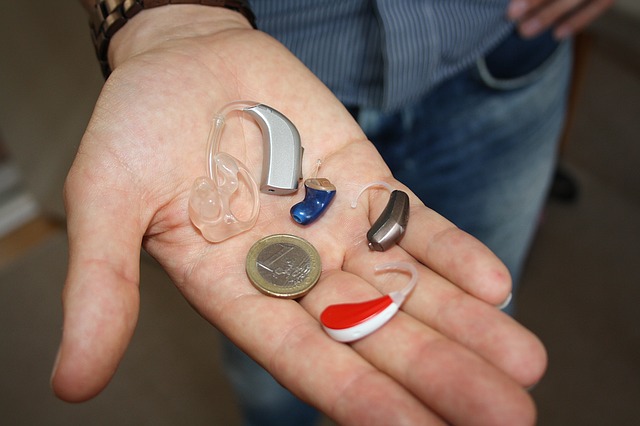Children who were born with permanent hearing loss may develop their language skills better if they are fitted with hearing aids or cochlear implants as early as infancy, a study suggest.
Researchers in Australia examined data on the language abilities of 5-year-old children who were born with permanent hearing loss, and who had received interventions for such at different points during their childhood, Reuters reports.
The study found that children who got hearing aids at the age of two had worse language skills compared to kids who had them fitted when they were just three months old. In addition, kids who got cochlear implants at the age of two had worse language abilities that those who received them when they were six months old.
Teresa Ching of the National Acoustic Laboratories Australian Hearing and the HEARing Cooperative Research Center in Australia and lead author on the study, said,
Access to auditory cues in speech and language paves the way for language learning.
She added, “The shorter the period of deprived access to sounds, which would be non-existent in the case with normal hearing, the higher likelihood for the child with hearing loss to develop language that is on par with his/her normal-hearing peers.”
In Australia, and in most of the developed countries, it is universal to conduct newborn hearing screenings in order to detect and treat hearing loss earlier, when there is the most chance to address the problem with maximum benefits.
However, there is still a wide variation regarding when children with permanent hearing loss can receive hearing aids or cochlear implants.
The researchers looked at the language outcomes for 350 children with permanent hearing loss, and a control group of 120 kids with normal hearing.
Earlier intervention worked better for children with severe hearing loss compared to kids with milder impairments, the study found. Newborn hearing tests did not appear to influence language abilities, which might be due to the fact that not all kids who got tested as newborns received hearing interventions early on – and vice versa.
Dimity Dornan, founder and executive director of Hear and Say, a nonprofit in Brisbane, says that screening and prompt treatment provides the best listening and speaking outcomes.
The study was published in Pediatrics.
























